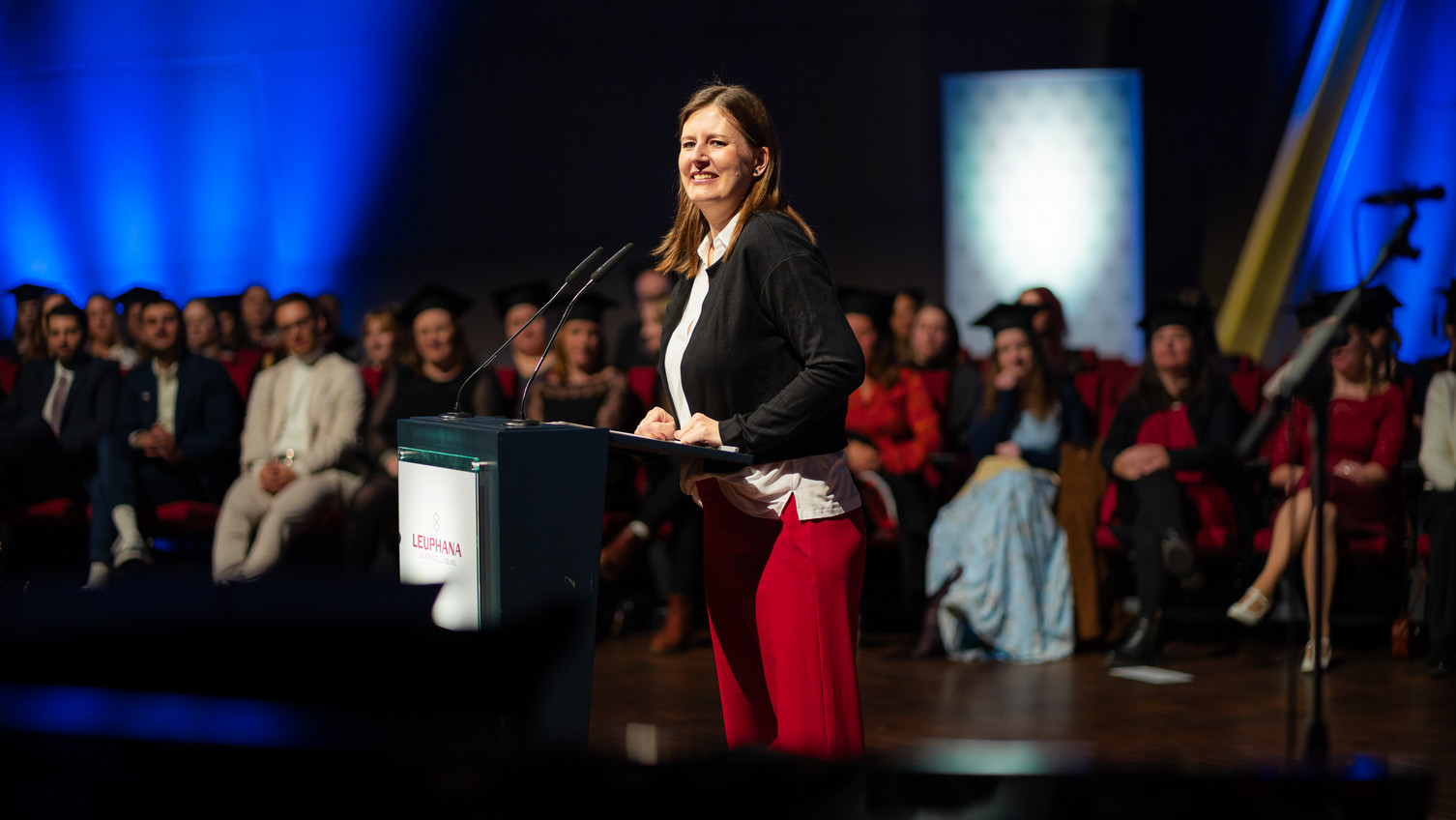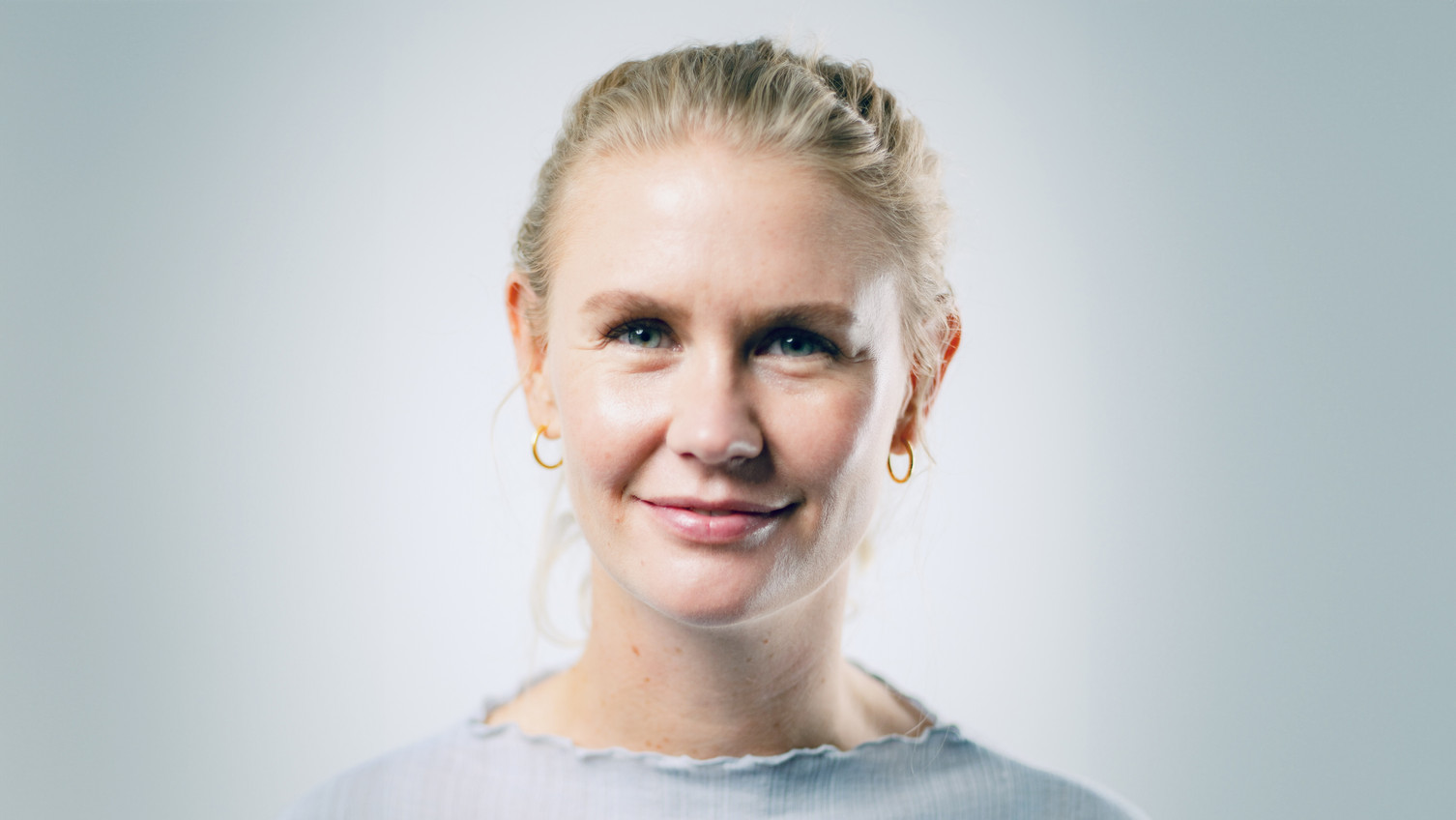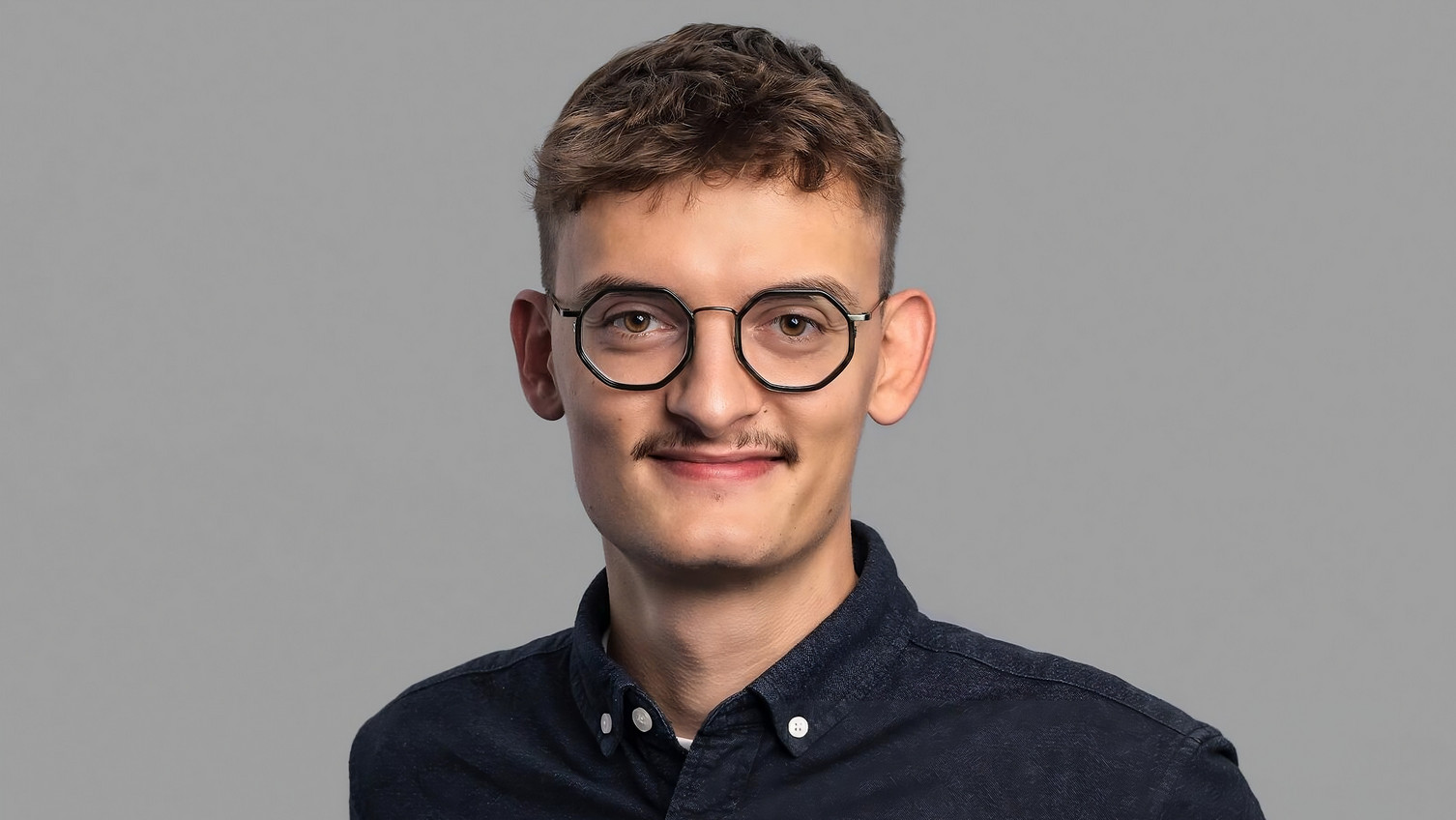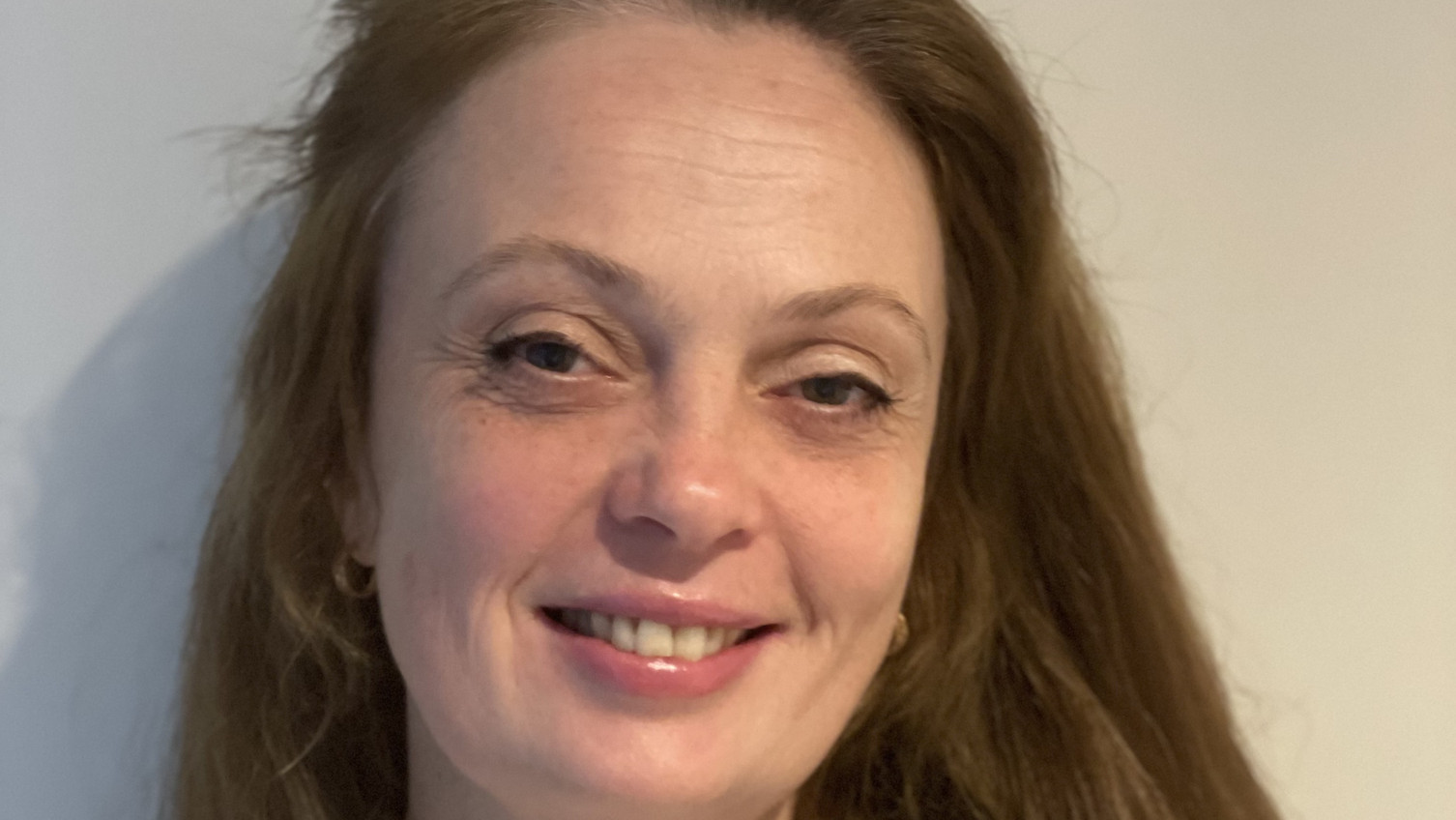Dissertation Awards 2024
Honouring of outstanding Dissertations at Leuphana
Leuphana University of Lüneburg confers up to five Dissertation Awards each year to honour remarkable academic achievements in the field of the doctorate. These awards recognise outstanding research work submitted and defended by doctoral candidates at one of Leuphana's five schools within one academic year. The Dissertation Awards provide the winners with visible recognition for their future careers.
Award Ceremony
 ©Leuphana
©Leuphana
The presentation of the Dissertation Awards 2024 took place at the graduation ceremony on November 9, 2024 in the Audimax of Leuphana's central building.
The ceremony was followed by an informal get-together of the award winners and their accompanies with first supervisors, the Graduate School and other representatives of the university, during which the award winners had the opportunity to give a brief thematic insight into their dissertations or research topics in a 3-minute pitch format.
Current Award Winners
Randi Heinrichs
 ©Randi Heinrichs
©Randi Heinrichs
Randi Heinrichs
Leuphana University Lüneburg awards the Leuphana Dissertation Award to Randi Heinrichs for her dissertation entitled ‘Anonymity reprogrammed. How the digital economy is changing our politics of (non)identification through imaginaries of personalization and data-neighborhoods’.
Randi Heinrichs' dissertation makes an outstanding contribution to our understanding of anonymity in digital cultures through ethnographic field research, historical analysis and profound theoretical work. The precise analysis and critique of new forms of anonymity through the concept of ‘neighbour-based anonymity’ developed by Heinrichs is an original contribution to critical data studies and critical algorithm studies and provides a deeper understanding of contemporary forms of digital cultures as a whole. The work is characterised by a high degree of relevance and fundamental significance for future research.
What motivated you to pursue a doctorate and why did you choose Leuphana?
The impetus to pursue a doctorate came from my work as a student at Leuphana's Center for Digital Cultures. The research agenda on digital cultures has fundamentally shaped my scientific thinking and also opened numerous doors for me. I am very grateful to my colleagues for their years of support.
There is also a personal background tied to my family history. In the GDR, my grandfather taught political science, history, and German studies. Under the repressive regime, he could not think, speak, and live freely. He fled with his family and never worked at a university again. Since he was unable to write his dissertation, it was a special moment for me to complete mine – and an important reminder that the conditions for critical science must be protected.
What special memories do you associate with your doctoral studies?
Important parts of my research emerged from scholarships at UC Davis, UC Berkeley and Simon Fraser University. In particular, the teams at the Digital Democracies Institute and the Algorithmic Fairness and Opacity Group gave me a warm welcome and provided me with new theoretical perspectives and crucial access. For example, I was sent to Columbia University's Rare Book and Manuscript Archives, which brought me to New York for the first time, as well as to the Architecture Biennale in Chicago. It was great. I met fantastic doctoral students who made it much easier for me to arrive on the other continent, and my host family in San Francisco became a second home. These encounters and experiences are what I will not forget.
What challenges did you face during your doctorate and how did you deal with them?
The ethnographic work alone presented a whole range of challenges: gaining access to the field takes time and is uncertain, especially in the tech industry, where many processes and information are trade secrets. In the case of highly complex technical processes, truly understanding the world from the perspective of the actors in the field is extremely difficult and tiresome. Finding the right balance between involvement and distance, as well as ensuring the protection of individuals when dealing with sensitive topics, also kept me awake at times. It was important to understand that this is part of ethnography.
I also used Leuphana's coaching services to get advice on other issues that I couldn't discuss with my supervisors or superiors. The opportunity to get independent and confidential advice was a great support.
What advice or tips would you give to new doctoral students?
Writing a dissertation requires courage and stamina. To handle both, you need caring people who keep you grounded. My studies gave me important friendships. Find allies, accomplices and companions who understand what the work requires and does to you. At least as important are friends and family who have nothing to do with it and focus on other things.
Dr. Konstantin Warneke
 ©Dr. Konstantin Warneke
©Dr. Konstantin Warneke
Dr. Konstantin Warneke
Leuphana University Lüneburg awards the Leuphana Dissertation Award to Dr. Konstantin Warneke for his dissertation entitled ‘Influence of Long-Lasting Static Stretching on Functional and Morphological Parameters’.
Dr. Konstantin Warneke's dissertation is an outstanding contribution to the field of sports science. The six publications in recognised international journals show the influence of long-lasting static stretching on physiological and morphological parameters of skeletal muscles. The study is convincing in the used research design, the methods of analysis and the derivation of practical recommendations.
What motivated you to pursue a doctorate and why did you choose Leuphana?
During my bachelor's degree, it was already clear to me that I wanted to pursue an academic career. Leuphana offered a scholarship that was very convenient for me in terms of time, so I applied and received it. The resulting high degree of flexibility and freedom in my work was very important to me and opened up many opportunities for me, leading to a great deal of productivity.
What special memories do you associate with your doctoral studies?
A lot of flexibility in terms of working hours and location made it possible to establish many collaborations and connect with scientists in Germany and abroad. For example, I had the opportunity to establish collaborations in southern Germany and Austria, while I was able to spend the last six months in Newfoundland (Canada).
What challenges did you face during your doctorate and how did you deal with them?
I had to/was able to work for a large part of my doctoral studies during the coronavirus pandemic. What many people saw as a challenge and often as a limitation gave me the opportunity to delve deeply into topics and develop expertise. Alternative leisure activities, such as social interactions, were severely limited, so that a focus on work was encouraged and contributed to an above-average publication output.
Another challenge are the comparatively long procedures at state institutions due to high bureaucratic hurdles. This can put tolerance and patience to the test, but it also provided extensive training. At this point, however, I would like to emphasize that, while long waiting times arose in some places, in other places my concerns were addressed in a very comprehensive and targeted manner. These challenges could only be overcome thanks to the tireless commitment of my dissertation supervisor, Prof. Dr. Stephan Schiemann, while even the presidential board expedited processes upon request and provided support for me as a doctoral student in a prompt and targeted manner.
What advice or tips would you give to new doctoral students?
In retrospect, I was extremely lucky to have experienced comprehensive, committed and humane support during my dissertation phase at Leuphana University. However, I am also in contact with people at different universities who are not allowed to enjoy this privilege. Accordingly, I am convinced that a significant proportion of successful academic careers can be traced back to the supervision of professors and their commitment to teaching. Therefore, I can only recommend that every doctoral candidate looks for a supervising professor who encourages and inspires independent work and thus actively promotes young academics.
Dr.in Stefanie Lorenz
 ©Dr.in Stefanie Lorenz
©Dr.in Stefanie Lorenz
Dr.in Stefanie Lorenz
Leuphana University Lüneburg awards the Leuphana Dissertation Award to Dr. in Pharmacy Stefanie Lorenz for her dissertation entitled ‘Benign by Design: Ein Beitrag zur Entwicklung von in der Umwelt biologisch leichter abbaubaren Antibiotika am Beispiel von Fluorchinolonen’.
Stefanie Lorenz's dissertation is a fundamental contribution to the implementation of the ‘Benign by Design’ concept in theory and practice. Her research supports the production of active pharmaceutical ingredients and chemicals that do not cause consequential damage to the environment after use. The fundamental work is published in the world's leading scientific journals and is a central building block in the development of green chemistry and pharmacy in industrial applications.
What motivated you to pursue a doctorate and why did you choose Leuphana?
After my bachelor's degree in Applied Natural Science, I was looking for a master's program in which I could apply this basic scientific knowledge to a field that I consider meaningful. That's why I decided to study sustainability science at Leuphana. During my master's thesis, I already noticed that my knowledge in chemistry could be perfectly combined with the topic of sustainability. After my master's thesis, I really wanted to deepen my knowledge of the topics and the very interdisciplinary work, so I decided to do my doctorate at Leuphana.
What special memories do you associate with your doctoral studies?
When I look back on my doctoral studies, the first thing I think of is all the colleagues, fellow students and students at the Institute for Sustainable Chemistry who accompanied me during this time. Together we spent many hours in the laboratory, wrote papers and let the working days come to a cosy end. Without this valuable cooperation and constant support, I would not have been able to carry out my experimental work and never achieve this progress in my doctorate.
What challenges did you face during your doctorate and how did you deal with them?
A major issue at the beginning of my doctorate was financing – not only for my living expenses, but also for the necessary resources for laboratory work. Thanks to a scholarship from the German Federal Environmental Foundation, I was able to cover these costs well and I am very grateful for the freedom that this afforded me.
During a doctorate, you often wonder whether your work is actually relevant and can have an impact in the larger context. In such moments, it helped me a lot to seek out exchanges with fellow students from other research areas at Leuphana, with supervisors or with peers at conferences in order to gain new motivation and fresh perspectives – or simply to talk to other fellow sufferers. It is all the more important to celebrate joint successes, such as the publication of peer-reviewed articles, in a fitting manner.
What advice or tips would you give to new doctoral students?
Even though a doctorate often pushes you to your personal limits, it is worth enjoying the journey and appreciating the freedoms it offers. I took the opportunity to also work intensively on topics related to my doctoral project and thus discover new areas such as machine learning for predicting molecular properties and further educate myself in these areas. Don't be afraid to adjust the topic and focus of your work over time according to your own interests.
Dr. Hannes M. Petrowsky
 ©Dr. Hannes Petrowsky
©Dr. Hannes Petrowsky
Dr. Hannes M. Petrowsky
Leuphana University Lüneburg has awarded the Leuphana Dissertation Award to Dr. Hannes M. Petrowsky for his dissertation entitled ‘First-Offer Effects in Negotiations - A Meta-Analytical Synthesis of Experimental Research & Investigation of 26 Million Real-World Negotiations’.
In his dissertation, Hannes Petrowsky examines the economic and psychological effects of opening bids in negotiations. The thesis breaks new ground in science by synthesising the research literature, establishing previously unknown phenomena and, last but not least, empirically testing competing hypotheses. Furthermore, Mr. Petrowsky pre-registered his excellent methodological and analytical approach on Open Science Framework (OSF) and makes materials, (original) data and analysis scripts publicly available.
What motivated you to pursue a doctorate and why did you choose Leuphana?
My enthusiasm for research and work in academia was awakened during my master's degree at Leuphana. As I was able to gain a very positive impression of the quality of teaching and research during my studies, I was very taken with the idea of doing my doctorate at Leuphana. Before applying for the doctoral position, I was unsure whether I would meet the requirements of an academic career—but with support from my social environment, I finally dared it and have not regretted it since. At Leuphana, I particularly appreciate the close contact with colleagues and students, as well as the innovative and interdisciplinary approaches in research and teaching.
What special memories do you associate with your doctoral studies?
The opportunity to engage in-depth with a research topic over several years and to help shape the scientific discourse will remain in my memory as a privilege and something very special. I experienced the doctoral period as a challenging but also very fulfilling time with great learning effects and a lot of freedom. Above all, I remember the many great colleagues and co-authors, as well as stays abroad and conference visits, which made this process such an instructive and valuable time. Special thanks go to Prof. David Loschelder and the entire team.
What challenges did you face during your doctorate and how did you deal with them?
The start of my doctorate coincided almost exactly with the beginning of the coronavirus pandemic. Social interaction with colleagues and other researchers was made more difficult as a result. However, regular digital meetings with our team and a supportive personal environment made this time much easier. In addition, my research papers were rejected by renowned journals – in such cases, I tried to see negative feedback as an opportunity to improve and ultimately convince other journals of the improved manuscripts.
What advice or tips would you give to new doctoral students?
Find a doctoral topic that really interests you. There will be ups and downs in every doctoral process, and intrinsic motivation is, in my view, a crucial factor for resilience and success. Regularly seek feedback from colleagues to improve your own research – it's worth it. Also, find a balance alongside academia – supposedly big challenges and problems often look much smaller after a round of sports or dinner with friends.
Maria Kravtsova
 ©Maria Kravtsova
©Maria Kravtsova
Maria Kravtsova
Leuphana University Lüneburg awards the Leuphana Dissertation Award to Maria Kravtsova for her dissertation entitled ‘Cultural, Historical and Geo-Climatic Background of Socio-Economic Progress (with Focus on Family Structure and Corruption)’.
Maria Kravtsova's dissertation examines the development of societies in relation to historical ‘extended’ and ‘nuclear’ family structures. In doing so, the author provides a remarkable synthesis of interdisciplinary literature, specifically identifies gaps in research and conducts extensive data collection on the defined desiderata. Based on complex analyses, the dissertation shows that the historical patterns of family structures reveal clearly identifiable geoclimatic and agrarian historical determinants and permanently visible consequences such as corruption, voting behaviour and value orientations.
What motivated you to pursue a doctorate and why did you choose Leuphana?
I have been working at the Higher School of Economics in Moscow when Prof. Christian Welzel joint our lab as a scientific adviser. I was really fascinated by his work and especially by his lecture where he stated that the preindustrial family structure had a downstream effect on the current day values, institutions and prosperity. This idea looked like a magic and it was worth to test. I decided to do so as a PhD student at the Leuphana University under the supervision by Prof. Welzel.
What special memories do you associate with your doctoral studies?
I entered the PhD program when my younger son was only one year old. I was collecting the dataset on family structure based on historical censuses while my son was sleeping. I was afraid to make any noise otherwise he could wake up and I would not be able to work anymore. I remember as well that I have discussed my results with Chris in many nice cafes with tasty food in Lueneburg and in Moscow.
What challenges did you face during your doctorate and how did you deal with them?
My dissertation was paper based and I had to provide one published paper and one “revise and resubmit” paper. I submitted all my papers and hoped to defend my thesis soon. But I got three rejects on my papers in one day. I had tears in my eyes and I called my friend who is professor at the Free University of Berlin. He read me aloud the list of his own papers with the number of times they were rejected and the names of journals where they were finally published. It was very encouraging.
What advice or tips would you give to new doctoral students?
If you would like to write a good quality dissertation stick to those ideas that you are really interested in and not to those that seem to be quickly realizable. Don’t be upset if you can’t get your paper published and therefore you can’t defend your thesis. Tell your friends or relatives everything you think about your reviewers, make a deep breath and rewrite your paper.
Further Links
Contact
Graduate School
Dissertation Awards
Universitätsallee 1, C14
21335 Lüneburg


![[Translate to Englisch:] Randi Heinrichs](/fileadmin/_processed_/d/f/csm_Dr_Randi_Heinrichs_8f6512c9c8.jpg)
![[Translate to Englisch:] Dr. Konstantin Warneke](/fileadmin/_processed_/1/9/csm_Dr_Konstantin_Warneke_169_edit_6b73e01df8.png)
![[Translate to Englisch:] Dr.in Stefanie Lorenz](/fileadmin/_processed_/b/b/csm_Dr_Stefanie_Lorenz_1b3ef36b39.jpg)
![[Translate to Englisch:] Dr. Hannes M. Petrowsky](/fileadmin/_processed_/1/2/csm_Dr_Hannes_Petrowsky_3fdbf534c4.jpeg)
![[Translate to Englisch:] Maria Kravtsova](/fileadmin/_processed_/0/1/csm_Dr_Maria_Kravtsova_61a5a70e3d.jpg)